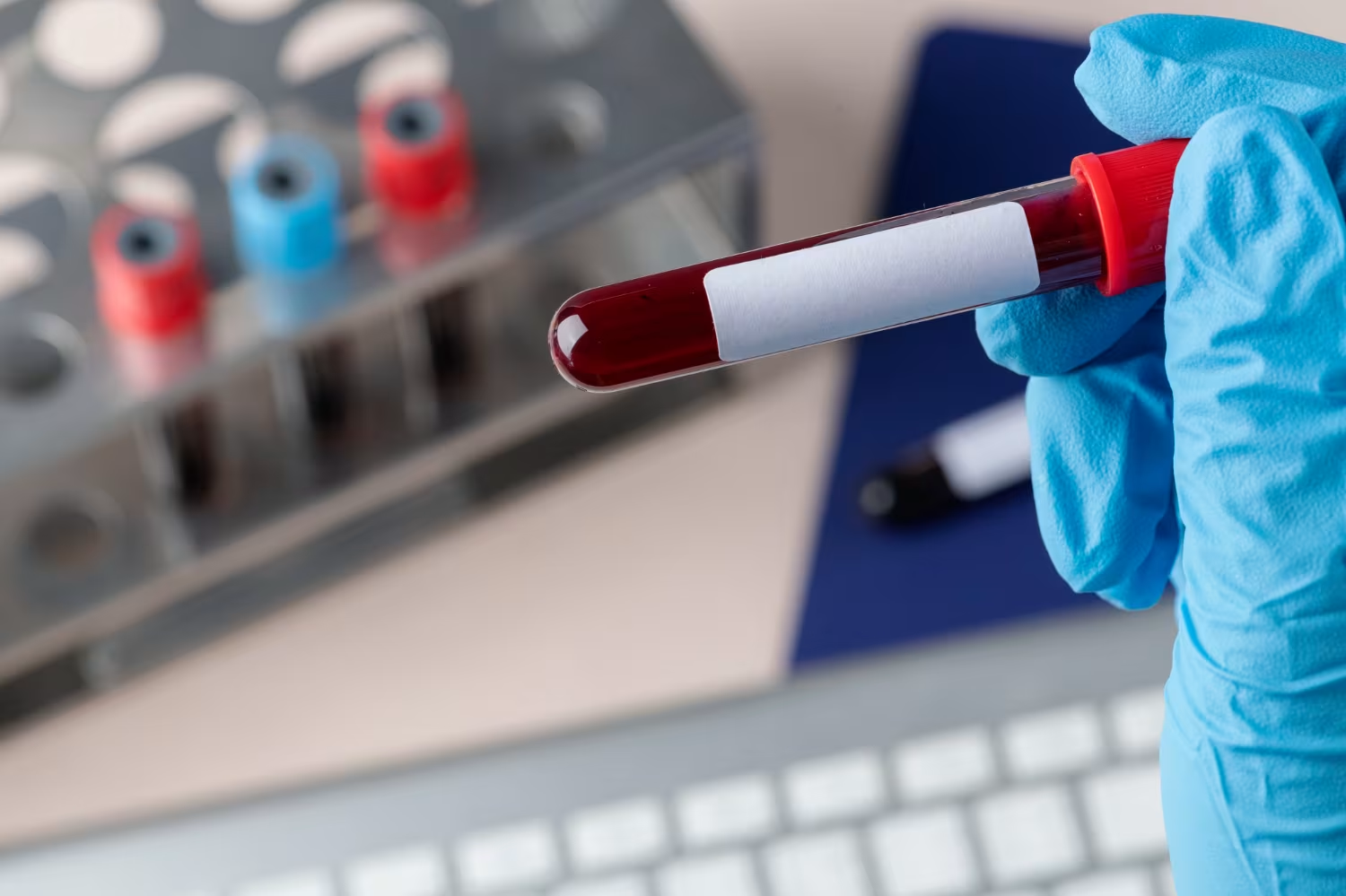
Attention Deficit Hyperactivity Disorder (ADHD) is commonly associated with hyperactive children, but it is also prevalent among adults, particularly women and older individuals. Unfortunately, due to overlapping symptoms and societal perceptions, ADHD is often misdiagnosed as depression, anxiety, or even bipolar disorder. This misdiagnosis can lead to ineffective treatment and prolonged suffering. Understanding the nuances between these conditions is crucial for accurate diagnosis and effective management.
ADHD is a neurodevelopmental disorder characterised by symptoms of inattention, hyperactivity, and impulsivity. These symptoms can vary in intensity and may present differently in adults compared to children. While hyperactivity is more noticeable in children, adults may experience restlessness, difficulty concentrating, and chronic disorganisation.
Women are more likely to be underdiagnosed or misdiagnosed with ADHD. They often exhibit inattentive symptoms rather than hyperactive ones, leading to misconceptions. This can result in diagnoses of anxiety or depression instead.
Whereas older adults may attribute their symptoms to ageing or stress, leading healthcare providers to misinterpret as depression or anxiety. Additionally, older adults may have developed coping mechanisms that mask their symptoms, further complicating diagnosis.
Misdiagnosis can have significant consequences, including:
Comprehensive Evaluation:
Awareness and Education:
Differential Diagnosis:
Gender-Sensitive Approaches:
Currently in the UK there is a 6-9 month wait for assessments on the NHS health service. With our assessments, we have same day appointments with results within 2 days. Ensuring you are receiving prompt diagnosis and peace of mind.
By understanding the complexities and overlaps with conditions like depression, anxiety, and bipolar disorder, especially in women and older adults, healthcare providers can better identify and provide the necessary support and interventions. Awareness, education, and comprehensive evaluations are key to preventing misdiagnosis and ensuring individuals receive the help they need.
Click here to book an appointment with one of our doctors.





